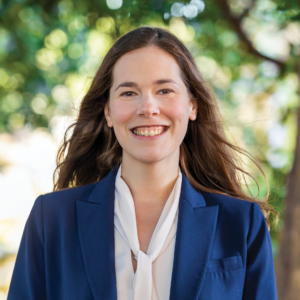The National Dairy Farmers Assuring Responsible Management (FARM) Program emphasized important farmer involvement through its various governance groups in updates related to the next program cycle during NMPF’s June Board of Directors meeting.
The FARM Animal Care program area proposed to restructure its current review process to provide more opportunities for farmer feedback, which the board approved. FARM undergoes a review and revision period every three years to ensure program standards are supported by the latest science and best management practices.
NMPF’s Animal Health & Wellbeing Committee will now set priorities for the FARM Animal Care Task Force and FARM Farmer Advisory Council ahead of the initial review. The new process aims to provide a more collective representation of farmer input.
FARM opened nominations in March for its Animal Care, Environmental Stewardship and Workforce Development Task Forces. FARM received more than 60 nominations across the three task forces. Nominations were first reviewed by the FARM Farmer Advisory Council, who shortlisted nominees for consideration by NMPF’s Executive Committee. The committee reviewed the shortlisted nominations and discussed a proposed slate of new task force members, ultimately voting to seat the proposed slate June 9.
Newly seated members are:
Animal Care
- Angela Bright, Foremost Farms
- Doreen Dyt, CDI
- Doug Chapin, Chapin Family Farms
- Kaitlyn Briggs, fairlife
- Lindsay Ferlito, Cornell University – PRO-DAIRY
- Skyler Barney, Butterville Farms, LLC
Environmental Stewardship
- Brian McGarry, McGarry Dairy, LLC
- Donald Janssen, Green Hill Dairy
- Justin Praegitzer, Skyline Dairy
- Larry Bailey, Walker Farms, LLC
- Suzanne Vold, Dorrich Dairy
Workforce Development
- Karen Bohnert, Bohnert Jerseys
- Tony Jandernoa, Dutch Meadows Dairy
FARM’s Animal Care Task Force will begin reviewing the 2028 version later this year. A stakeholder survey is set to be released in July to collect industry feedback.




 National Milk Producers Federation
National Milk Producers Federation



